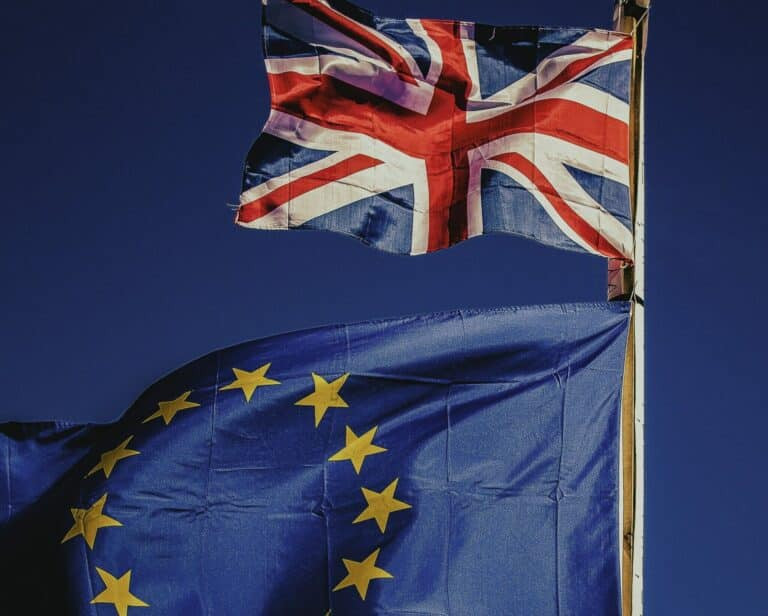Andrew Austin, group operations director at Priority Freight
This time last year, the logistics was industry facing one of the most significant changes to its operations in working memory. Brexit had introduced fundamental changes which many feared would dampen UK trade. One year on and we are entering stage two of the phased approach, with 2022 marking the introduction of full customs control on goods moving between the EU and the UK.
On the face of it, these latest regulations should not be too arduous for importers as the new process is, in principle, reasonably straightforward; however, it adds to the list of additional declarations and increases the amount of supporting paperwork required. The biggest customs changes happened at the beginning of 2021 and we already have a year’s experience to draw on, so there is at least now some familiarity with the processes.
The industry was hopeful that the GVMS system already in use for transit would facilitate the smooth transition of goods through UK ports of entry in this latest development. However ready ‘we’ were, the system and some shippers and carriers were not and administrative problems brought GVMS issues on day one, causing congestion, delays and an acute need for Inland Border Facilities to be utilised.
In situations such as this, the advantages of using a 4PL provider become more pronounced. With a sole provider handling the goods’ preparation, documentation, and transport from door-to-door, the process is seamless and gives the customer greater visibility throughout the shipment. It also alleviates the administrative burden on the customer and, in many cases, can even expedite the shipment where the provider has Authorised Economic Operator Full (AEOF) and/or ‘Clearance on Wheels’ status.
Those who submit the vast majority of customs declarations are the businesses that historically process huge volumes day-in-day-out, many of whom did not use the easement process that has now ended and declared goods as they went. Those who fail to navigate the new system successfully will be businesses that have relied on the 175-day supplementary declaration window or did not train staff and scrutinise their supply chain ahead of the new year.
Priority Freight is licensed to manage both the physical movement of the goods and the customs obligations around it, dependant on the customer supplying the relevant information. To handle the new customs process, the engaged haulier needs to hold a GB EORI (Economic Operators Registration and Identification number) and be registered for GVMS. This complete end-to-end solution will quickly become the panacea for customers who entrust their shipments to experts proficient in the new procedures and able to ensure goods are in circulation quickly – irrespective of rule changes.
Whatever teething problems arise, the ultimate aim should be to keep customers happy by keeping their supply chains moving. The logistics sector has a critical role in ensuring that the UK continues to trade with the EU successfully and, if we embrace the new regulations from a position of knowledge and positivity, it will ultimately benefit us all.



